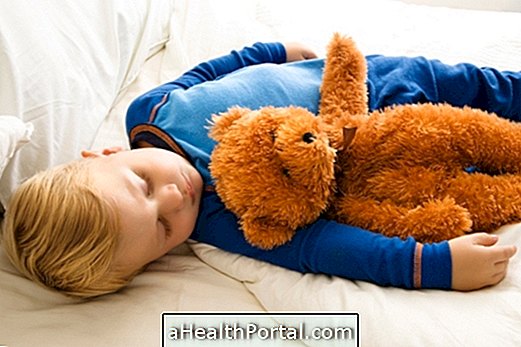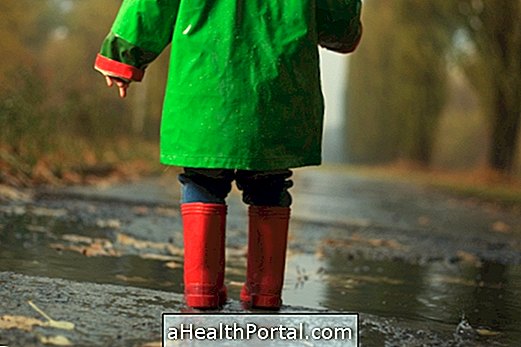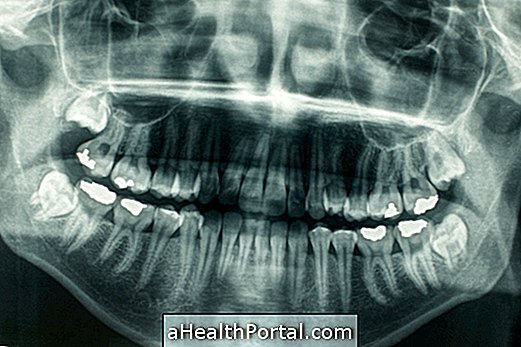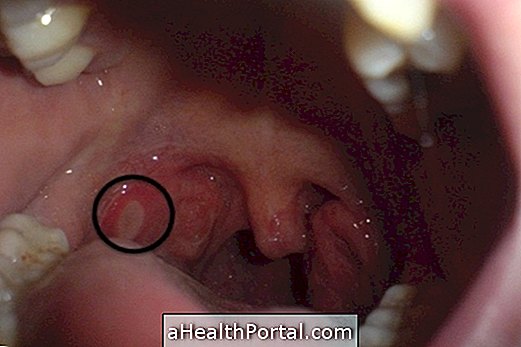It is normal for children to pee in bed until they are 5 years old, but it is possible that they at 3 years of age completely do not pee in bed.
To teach your child not to pee in bed, the steps you can take are:
- Do not give baby liquids before bed: So the bladder does not get full during sleep and it is easier to hold the pee until morning;
- Take the child to pee before going to bed. Emptying the bladder before bedtime is critical to better urine control;
- Make a weekly schedule with the child and put on a happy face when on the days she does not pee in bed: Positive reinforcement is always a good help and this encourages the child to better control the urine;
- Do not put on the diaper at night, especially when the child has already stopped wearing diapers;
- Avoid blaming the child when she pees in bed. Sometimes 'accidents' can happen and it is normal during child development that there are less happy days.

Putting on a mattress protector that wraps around the mattress is a great way to prevent urine from reaching the mattress. Some materials completely absorb the urine, avoiding rashes.
Enuresis is usually related to simple causes such as changes in temperature, increased water intake during the day or changes in the child's life, so when situations like these are present, there is no need to worry.
When to go to the pediatrician
It is recommended to go to the pediatrician when the child who did not pee in bed a few months later, goes back to bed wetting frequently. Some situations that may influence this type of behavior are moving home, missing parents, being uncomfortable and the arrival of a little brother. However, bedwetting may also indicate health problems such as diabetes, urinary tract infection and urinary incontinence, for example.
See too:
- Childhood urinary incontinence
- 7 Tips for Taking Your Baby's Bottle























